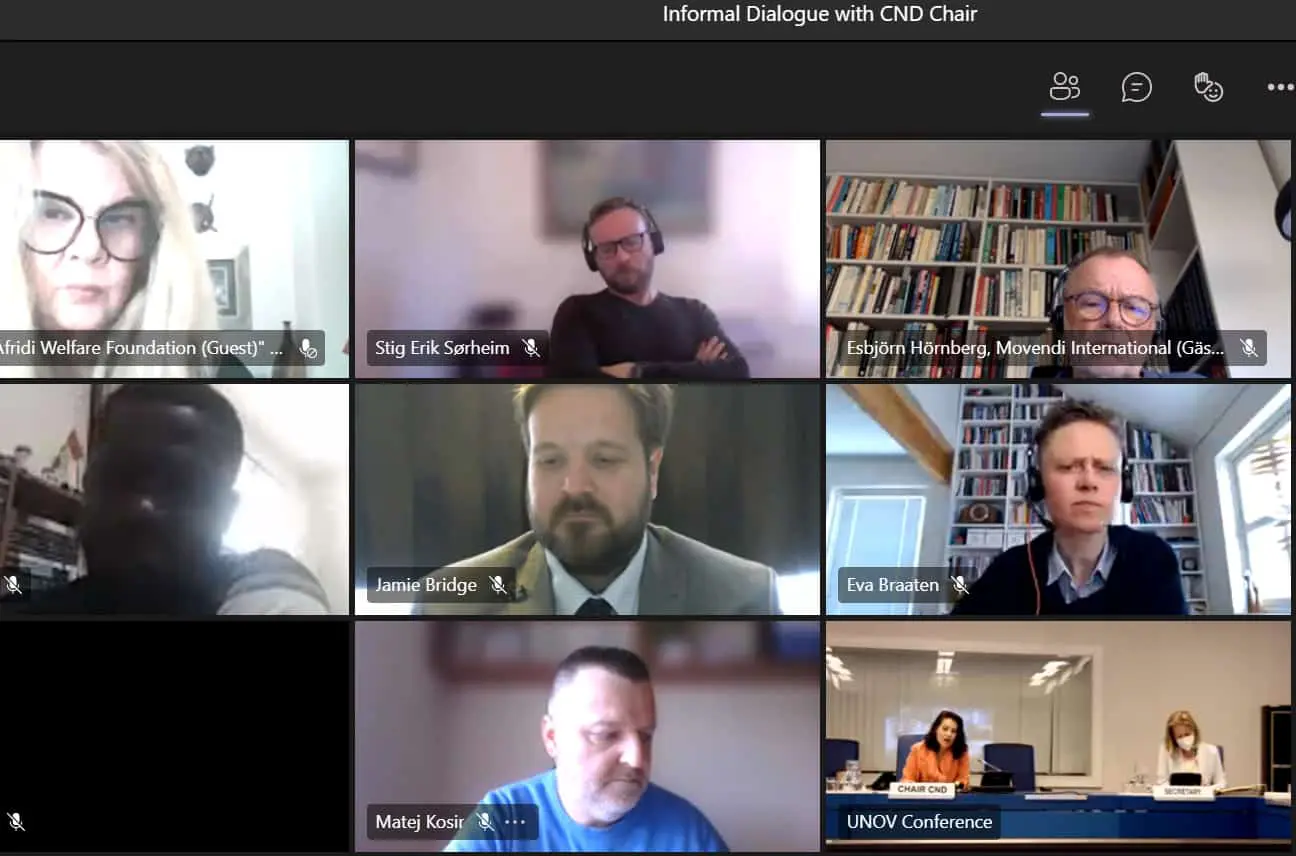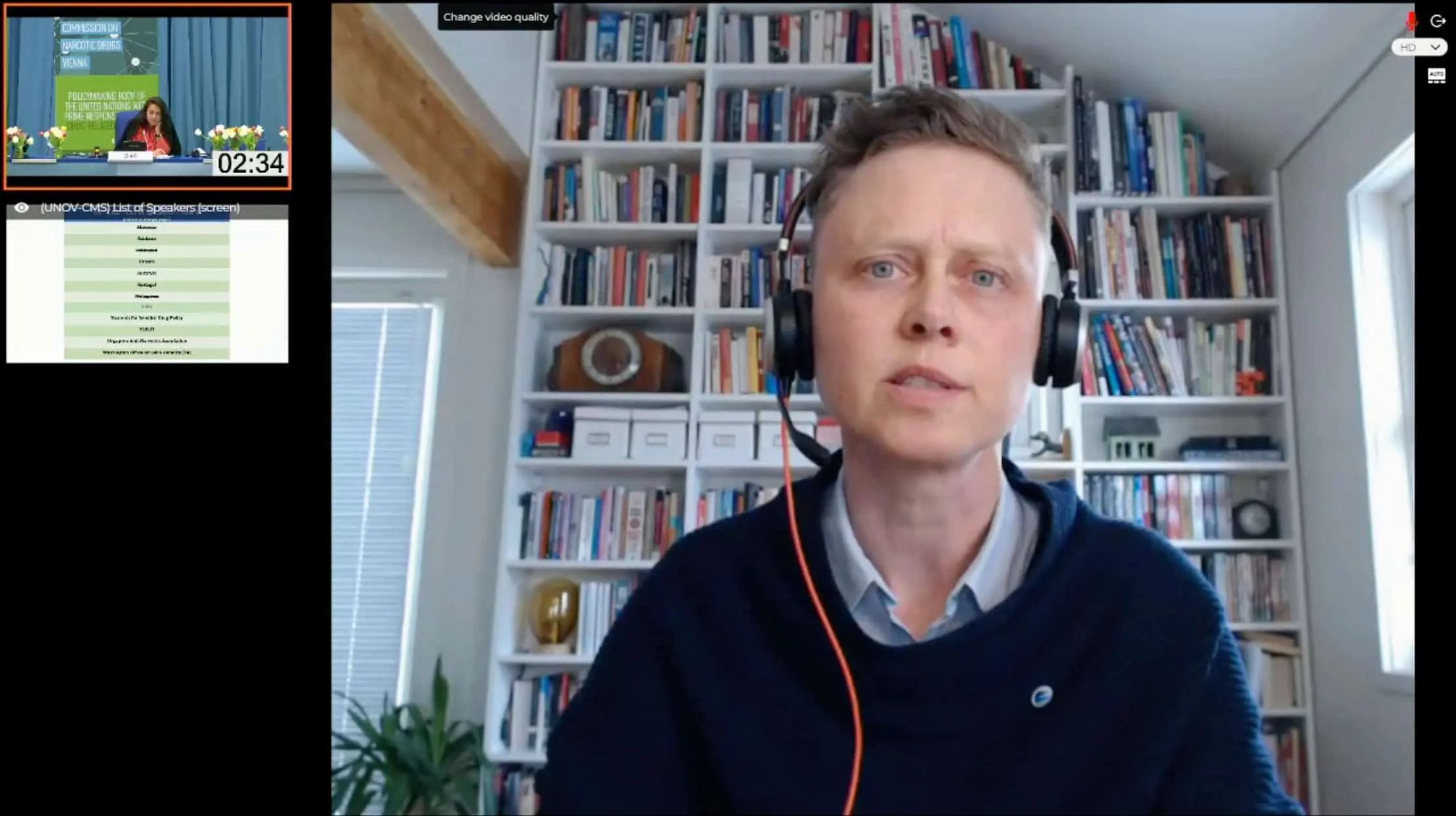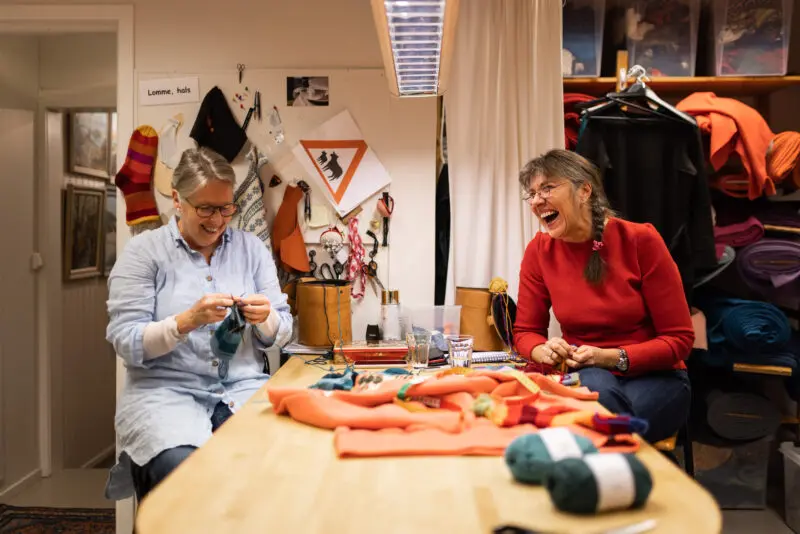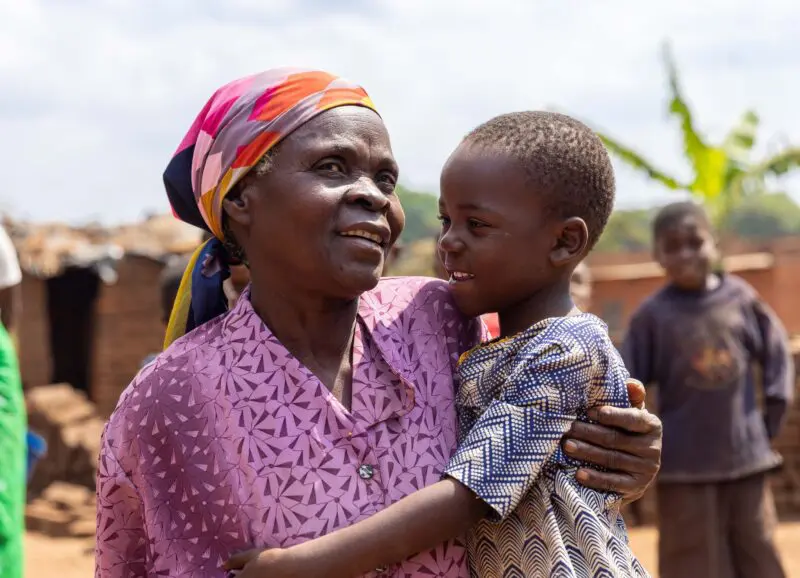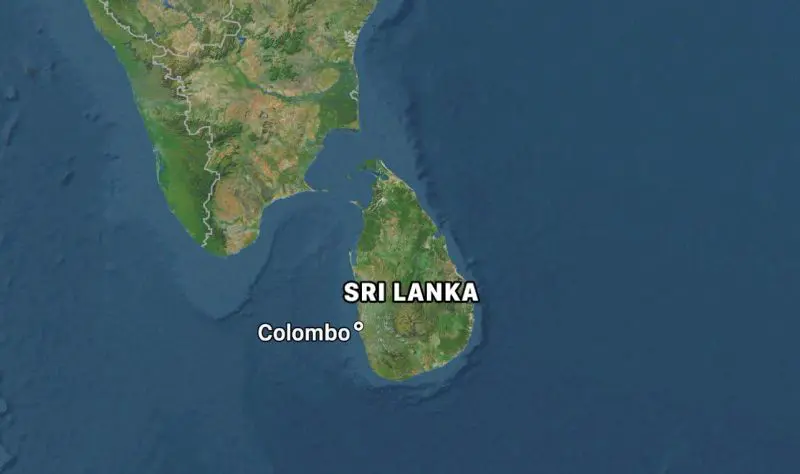Det mangler oppfølging fra mange land og på mange områder etter enigheten i New York i 2016 om å løse verdens narkotikaproblem. Det var budskapet da Eva Sigrid Braaten fra FORUT og nettverket Drug Policy Futures snakket på møtet i FNs «Commission on Narcotic Drugs» torsdag 15. april.
Årets CND-møte er det 64. i rekken. Etter at FNs medlemsland hadde presentert sine innlegg, var det sivilsamfunnet sin tur. FORUT var blant få organisasjoner som ble tildelt taletid. Den brukte internasjonal programkoordinator Eva Sigrid Braaten på å peke på en ny rapport fra nettverket Drug Policy Futures (DPF). Rapporten viser at enigheten fra UNGASS – generalforsamlingen i FNs spesialsesjon 2016, der FNs medlemsland var samlet i New York for å løse verdens narkotikaproblem – ikke har blitt fulgt opp godt nok.
DPF har startet et prosjekt for å overvåke medlemslandenes gjennomføring av deres forpliktelser fra FN-samlingen i 2016. “Zooming in on UNGASS” er den første av flere rapporter fra DPF i kjølvannet av UNGASS-prosessen.
Braaten jobber med FORUTs program ADD (Alcohol, drugs and development). Rus som hinder for utvikling er en del av FORUTs helhetlige tilnærming til utviklingsarbeid. ADD-prosjektet dreier seg både om rusforebygging og om politisk påvirkningsarbeid lokalt, nasjonalt og globalt. Braaten er gjennom dette arbeidet koordinator for Drug Policy Futures.
Her er talen i sin helhet:
Thank you, chair, distinguished delegates;
I am addressing you today not only on behalf of FORUT, a Norwegian global development organisation, but also on behalf of a large global network called Drug Policy Futures.
I start by confirming our strong commitment to the consensus reached in New York in 2016 as expressed in the UNGASS Outcome Document. The document is an excellent menu for broad, balanced and evidence-based drug policies.
The critical issue now is national implementation of the many good points in the UNGASS document. This is why Drug Policy Futures this week launched a new report titled “Zooming in on UNGASS implementation” where we take a closer look at what has happened since 2016 on 6 selected focus areas and in 15 countries around the world.
The results from our monitoring of the 15 countries give an idea of different ways of following up the UNGASS agreement. Unfortunately, the results are also showing the absence of national follow-up in many countries and on many areas.
The report was launched in a CND side-event this week and is being spread through international networks. It has also been circulated to all national delegations in Vienna and can be downloaded from the website of Drug Policy Futures.
Recommendations to governments in light of our findings are a substantial part of the report. Among these recommendations I want to highlight the following:
- All Member States should establish monitoring systems for regular tracking of prevalence figures or drug use patterns, and use these data systematically to design or adjust policies and interventions.
- All Member States should make primary prevention the highest priority in national drug policies as it is ethically right, scientifically sound and economically smart;
- All Member States should allocate long-time funding for prevention programmes to make them sustainable over time. Prevention simply takes time.
- All Member States should benefit from the competence that civil society organisations have in prevention and in mobilizing communities and individuals;
- All Member States must take women’s needs and roles into account as a cross-cutting issue in all drug policy areas; prevention, treatment, rehabilitation and recovery;
- All Member States should recognize and define self-help groups in national drug policies and strategies;
Thank you.
